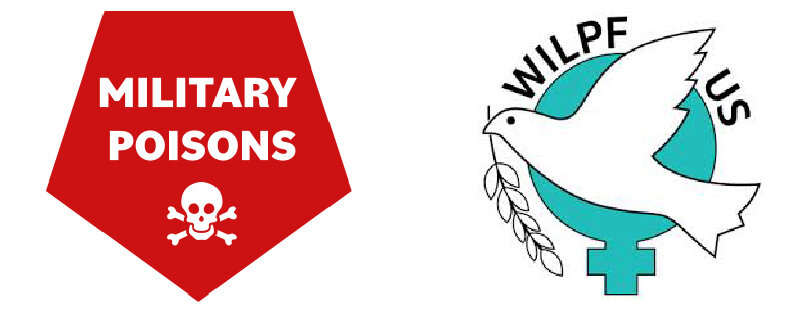The Herculean Task of PFAS Disposal & Remediation
Per- and polyfluoroalkyl substances (PFAS), a group of over 5,000 man-made chemicals, are everywhere. They are in the air, soil, and water. PFAS have been used for years in fracking. They are in breast milk. They are in infants. They are in fish and meat, as well as many products in your grocery store. They’ve been added to innumerable building, consumer, and personal products.
Across the country, states are taking the lead to enact PFAS legislation, but it is not happening fast enough, nor is the legislation comprehensive. Even if we ban PFAS entirely, the “forever chemicals” are still in the air, soil, water—endangering our health and our planet. How do we safely dispose of PFAS? How do we clean-up the PFAS that are already in the air, soil, and water? That is the BIG challenge that we face; a task that will prove both expensive and arduous.
The Vermont Military Poisons/PFAS Coalition, WILPF Burlington, and the Earth Democracy Committee are holding a zoom webinar on PFAS Disposal and Remediation on Monday, August 9 at 7:30 PM Eastern Time (6:30 Central, 5:30 Mountain, and 4:30 Pacific). The 90-minute, zoom webinar will focus on dangerous PFAS disposal methods, as well as new technologies being developed to remove these "forever chemicals" from our environment.
Dr. David Bond—Associate Director of the Center for the Advancement of Public Action at Vermont’s Bennington College—will talk about the reckless rush to incinerate forever chemicals. Since 2015, Bond has worked to bring the scientific resources of colleges and universities into collaboration with communities impacted by PFAS contamination.
Dr. H. Patricia Hynes—a retired environmental engineer, Professor of Environmental Health, and Executive Director of the Traprock Center for Peace and Justice—will provide an overview of the new technologies that are being developed to remediate and/or dispose of PFAS in our air, water, and soil.
Dr. Appala Raju Badireddy—an Assistant Professor in the Department of Civil and Environmental Engineering at the University of Vermont—will talk about his latest studies on the fate and transport of per-and poly-fluoroalkyl substances (PFAS) in environmental systems, and novel approaches for PFAS remediation. There will be time for questions and discussion from the audience.
Registration is required. Once registered, you will be emailed a link and a password to join the program.




